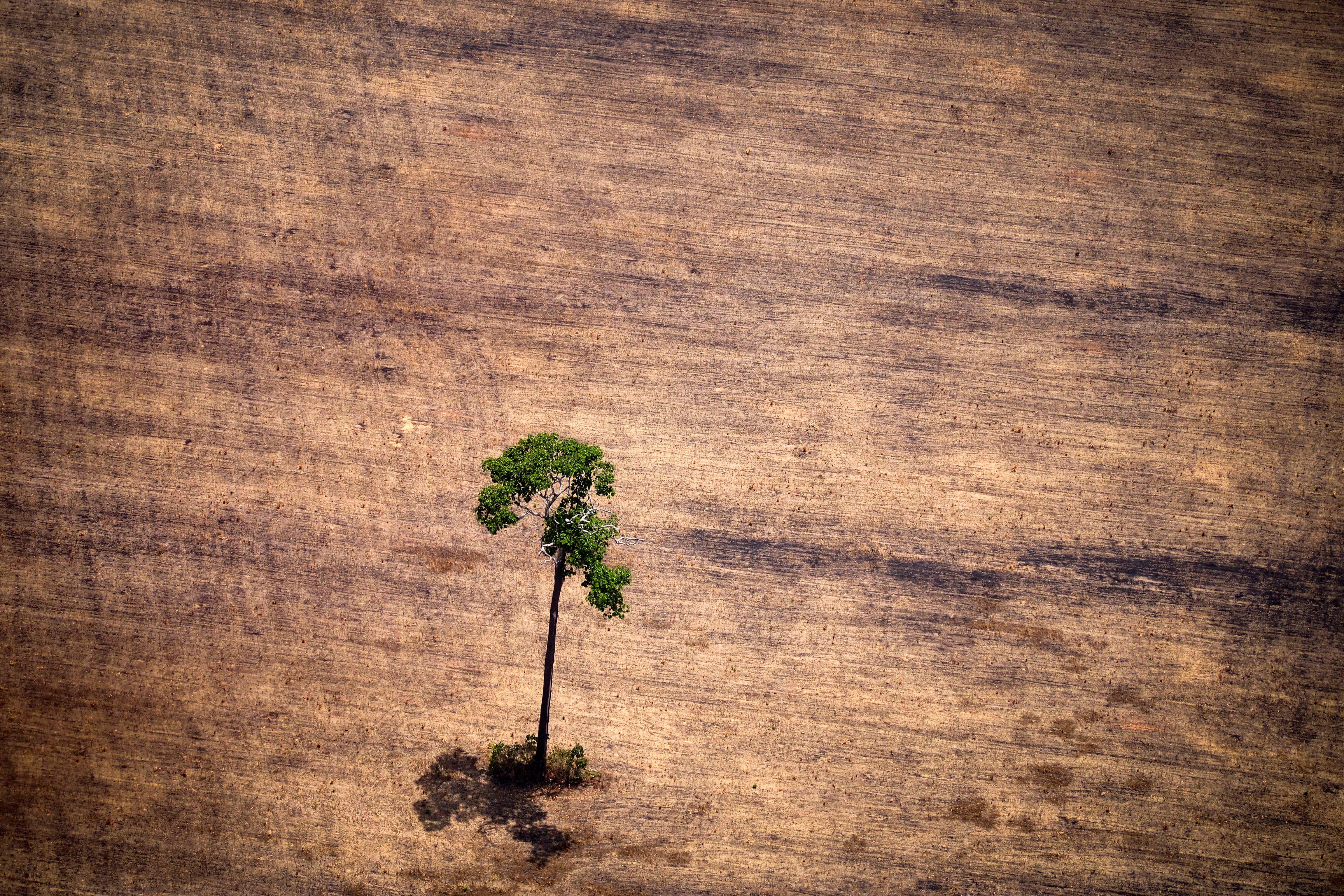
A deforested area in the Amazon rainforest in the state of Para, Brazil, on October 14, 2014.
Raphael Alves | AFP | Getty Images
More than 100 world leaders, including U.S. President Joe Biden, China’s Xi Jinping and Brazilian President Jair Bolsonaro, have committed to end deforestation by 2030.
The deal was agreed on Monday evening, but countries will become signatories on Tuesday.
Countries participating in the scheme made a number of promises as they pledged to work collectively “to halt and reverse forest loss and land degradation by 2030.”
These included assurances to facilitate trade policies that promoted sustainable development and sustainable commodity production and consumption, as well as a pledge to implement or redesign agricultural policies to incentivize sustainable farming.
Financial commitments would also be made to significantly increase investment from both the public and private sectors into areas like sustainable agriculture, forest conservation and restoration, and support for indigenous communities often directly affected by deforestation in parts of the world.
“We urge all leaders to join forces in a sustainable land use transition,” delegates agreeing to the deal said in their declaration on Monday evening. “This is essential to meeting the Paris Agreement goals, including reducing vulnerability to the impacts of climate change and holding the increase in the global average temperature to well below 2°C and pursuing efforts to limit it to 1.5°C.”
They added: “Together we can succeed in fighting climate change, delivering resilient and inclusive growth, and halting and reversing forest loss and land degradation.”
Other countries signing up to the agreement will include the U.K., Australia, the EU, Indonesia, Nigeria and Pakistan. There will be a total of 105 signatories.
India — one of the world’s biggest polluters — was notably absent from the list of countries agreeing to the Glasgow Leaders’ Declaration on Forests and Land Use.
Narendra Modi, India’s prime minister, pledged on Monday to reach net-zero carbon emissions by 2070, a date two decades beyond the target set by COP26 organizers.
Brazilian President Bolsonaro, who has pledged to sign the deal, faced international condemnation over deforestation and fires in the Amazon rainforest in recent years.




